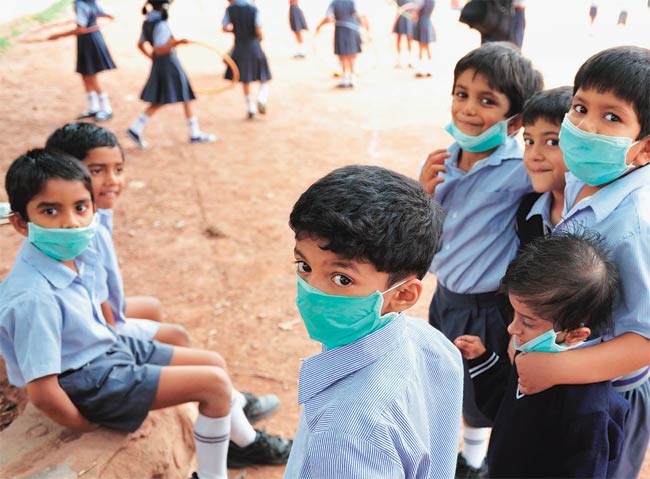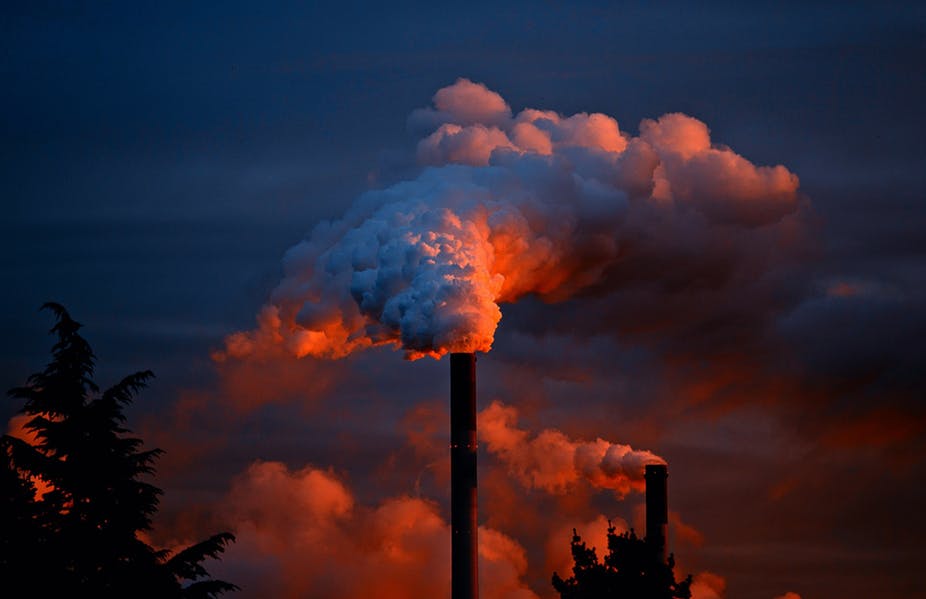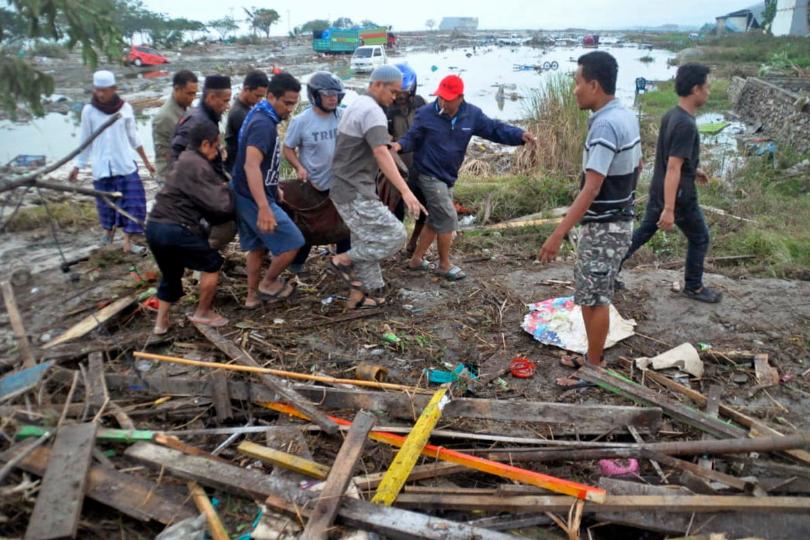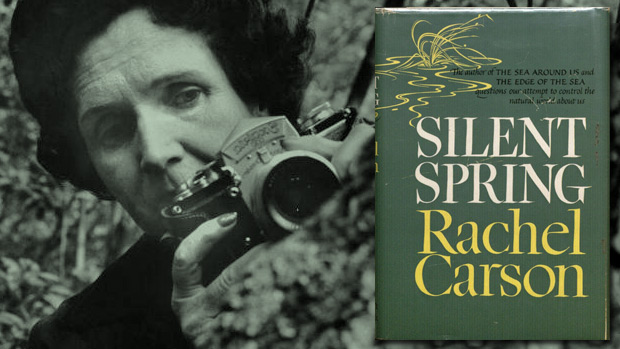As pollution crosses the permissible levels in the city instead of collective community activism we see individualised and selfish solutions being offered by private companies through the sale of air purifiers that promise to offer clean oxygen indoors even when pollution rises outdoors. Can we sustain through these egocentric solutions in the long run or is collective human action a possibility?
Kavya Thomas | The New Leam

The degraded air quality in Delhi over the last couple of days has almost created havoc both among the dwellers of the city and the environmentalists who are deeply concerned with the repercussions of this on the lives of the masses. While nobody can neglect the fact that as a city Delhi has far more vehicles than it can handle and this causes not just pollution but a series of problems such as perpetual jams despite the construction of more and more new flyovers every day, rage of parking spaces as there seems to always be a growing scarcity, enhanced number of road accidents and car related injuries and so on and so forth. We tend to forget this crucial fact often in our newsroom discussions and parochial discourses on pollution.
What we tend to blame the entire situation on is the burning of crop stubble prior to the harvesting season in the neighbouring states or on industrial effluents in the air due to rapid industrialisation. This really takes us nowhere because unless we acknowledge the fact that we too in our day to day lives are contributors the alarming pollution levels we will be able to go nowhere near finding the right solution for this.
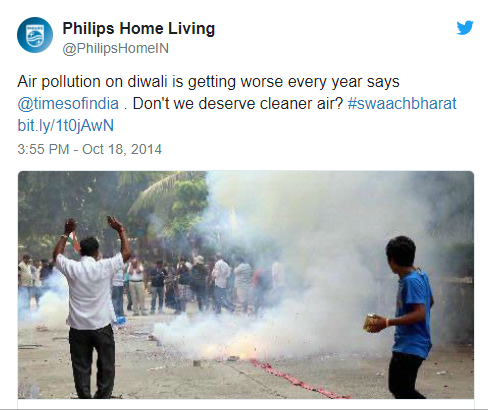
It is ironic that the perpetual blame game that is going on has helped us in no manner to look for meaningful solutions to this problem. Look how privatization always has a tendency to kill the possibility of collective action by offering much individualised solutions to our problems. This means that those who have the purchasing power or the capacity to afford a certain new product need not worry about the world or its problems in general as long as they and their families are protected.
The air quality crisis has brought up this aspect of privatisation in clear light as we see the growing number of advertisements of air purifiers that can be installed in homes to cleanse the environment within the four walls and offer inhabitants access to clean air. The crisis which could have resulted in a collective action now has been fragmented into those who can afford technology for themselves and those who have no other option but to suffer under the brutalities of an unclean and unhealthy environment.
The reports suggest that the sales of these air purifiers have doubles over the last week compared to the week just before. Delhi has seen severe deterioration in air quality today as a blanket of thick haze have engulfed the surroundings, as pollution levels crossed the permissible standards and the real-time pollution monitors displayed alarmingly high concentration of PM 2.5 and PM 10.
The rapid fall in air quality and visibility began last evening itself as moisture combined with pollutants covered the city in a thick cover of haze. It is likely that the sales of air purifiers will only multiply and those with the wealth will install it in their homes and ensure clean air for their families. But what about those who cannot do so and what about the health of this earth in general? For how long can we neglect our responsibilities and duties?
Moreover will the gasses released from air purifiers not degrade the environment outside even further? Can we go on selfishly like this without any collective concerns? It is time that we thought and resisted the temptation of selfish solutions. The environment is a collective common and individualized solutions would not take us anywhere in the long term.


